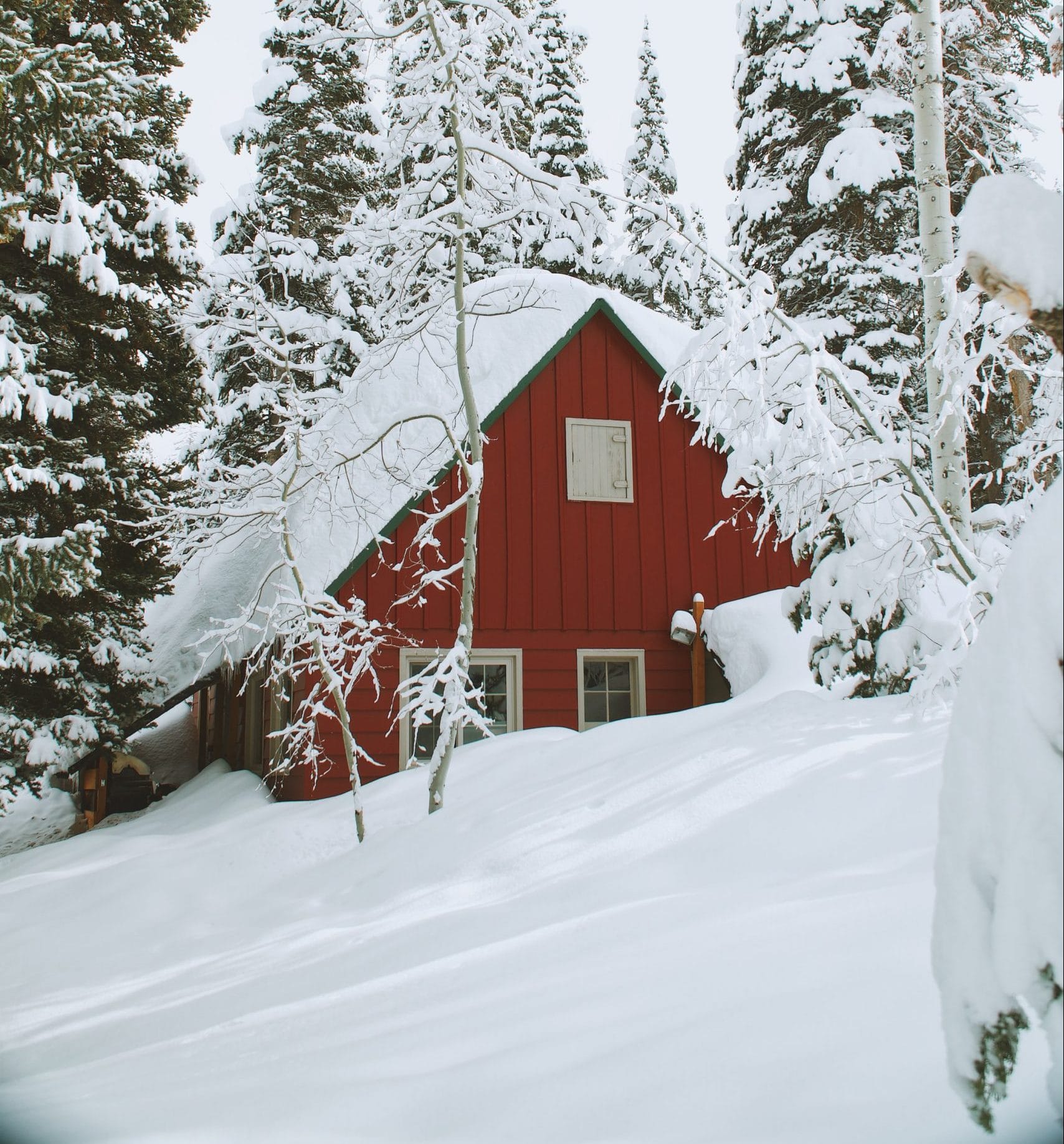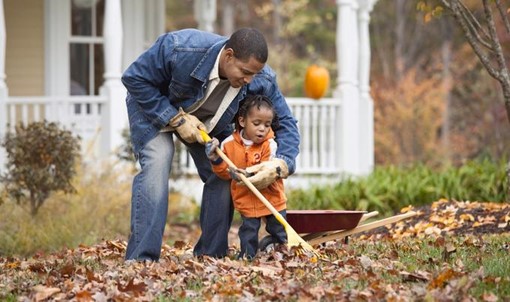Before you head out to the mountains to go skiing, sledding and enjoying all the winter activities Colorado has to offer, there are a few things both homeowners and renters should consider doing to prepare your home for the colder winter months ahead. Check out our list to make sure you are ready for winter (and help prevent future insurance claims).
- Check the gutters.
Prevent ice dams by cleaning out your gutters, installing gutter guards (if feasible) and making sure the attic floor is properly insulated.
- Protect the pipes.
Protect against frozen pipes by insulating those that could be susceptible to freezing. With severe temperature drops, keep a stream of water running in a few faucets to guard against freezing and bursting.
- Seal the cracks.
Caulk around holes and openings to help prevent cold air from seeping in. Install weather stripping and seals around openings such as windows, doors, air conditioners and mail chutes.
- Stop the slips.
Keep driveways and sidewalks clear of ice and snow and repair any issues with steps and handrails. Colorado law requires that residents, both homeowners and renters, remove snow from their driveways and sidewalks within 24 hours of a storm.
- Have heating checked.
Furnaces, boilers and chimneys should be serviced at least once a year to clear any buildup and to keep them running efficiently.
- Test your detectors.
Residential fires are more common in winter, so it is important that all your smoke detectors work. Check them monthly and replace batteries as needed. You should also have a carbon monoxide detector.
- Clear the yard.
Keep the trees trimmed and remove dead branches and debris from your yard. Ice, snow and wind can weaken trees and cause branches to fall and potentially damage your home, car or even yourself and others.
- House the hose.
Remove all attached garden hoses, drain them and store them away. Shut off the valves and insulate the faucet.
Most homeowners insurance policies cover damages due to extreme winter weather and have some liability protection if someone slips on ice on your property, but make sure you speak with your agent to answer any questions you have about your specific policy.
Now, enjoy cozying up to the fireplace knowing you’re well-prepared for the winter!

If you found this post useful, check out 5 Things to Know about Hail and a Roof Claim.
Featured photo by Greg Rakozy on Unsplash




